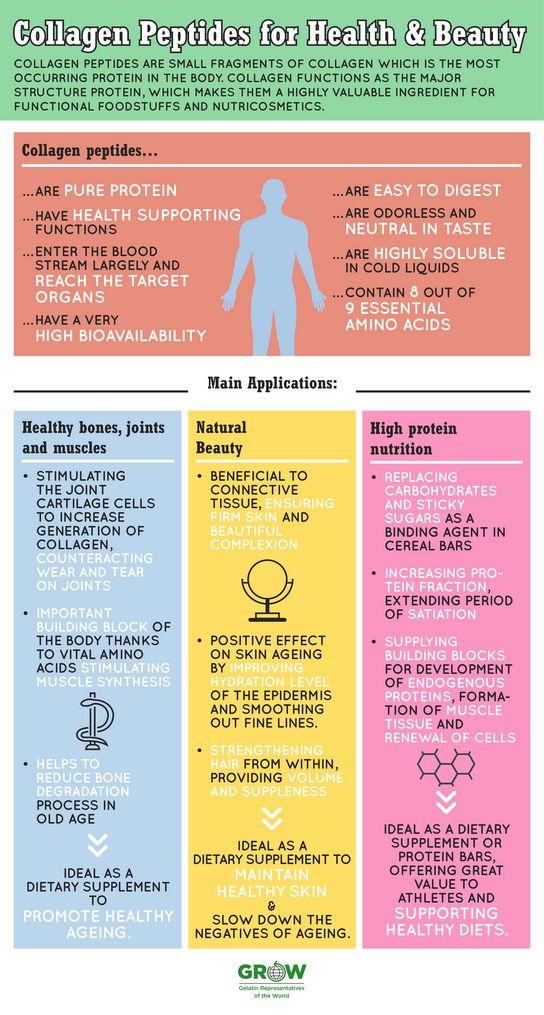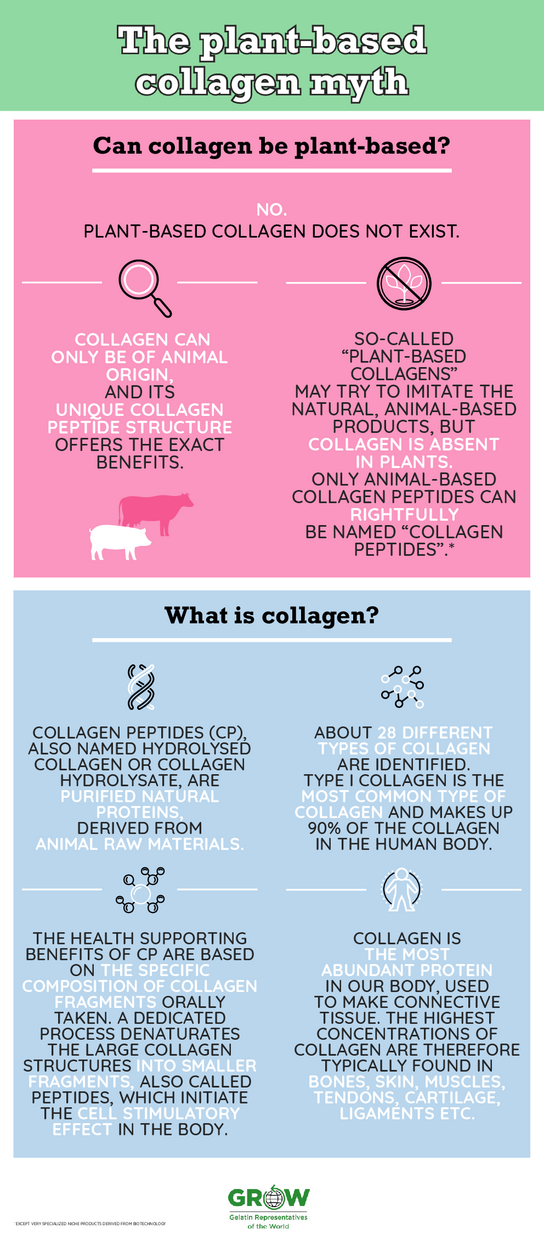Collagen Peptides: The Functional Protein that Connects Health, Science, and Innovation
A Natural Ingredient with Growing Importance
Collagen peptides have become one of the most widely recognized functional ingredients in the fields of nutrition, wellness, and beauty. Their appeal lies not only in their natural origin but in their unique ability to connect inner wellbeing with visible and measurable benefits — from supporting joint mobility and muscle recovery to enhancing skin elasticity and hydration.
They deliver a unique effect on cells in humans or animals by increasing the building of new collagen through stimulation.
Consumers across generations — from active adults to those focused on healthy aging — increasingly view collagen peptides as a trusted ally for maintaining vitality and quality of life. This growing interest reflects both scientific validation and a broader awareness of the importance of holistic, protein-based nutrition.
Collagen peptides, sometimes referred to as hydrolyzed collagen, are mixtures of collagen peptide fragments build by chains of amino acids obtained through the enzymatic breakdown of collagen — the main structural protein in connective tissue.
Through this process, collagen’s long, fibrous molecules are transformed into smaller, neutral in taste and odor peptides that are combining high bioavailability with high bioactivity.
This makes them ideal for use in a wide range of products, from nutritional supplements and sports nutrition to functional beverages, beauty-from-within products, and medical nutrition formulations.
The secret of the benefits of collagen peptides lay in their composition of peptide fragments.
While amino acids are essential for the natural feeding of the respective cells, the fragments are those who do the stimulation, helping to support skin structure, joint function, bone strength, and muscle integrity.
Because of this, collagen peptides complement rather than compete with other proteins, offering distinct physiological benefits.
While “collagen peptides” is a general category, not all products are identical.
Differences arise from:
- Raw material source (bovine, porcine, poultry, or marine)
- Processing technology (enzyme type, degree of hydrolysis, molecular weight distribution)
- Intended application and dosage recommendations
These factors can influence both functionality (solubility, taste, digestibility) and bioactivity.
Therefore, scientific findings are specific to the material and study design used, and recommended daily doses may vary between suppliers — typically ranging from 2.5 to 10 grams per day, depending on the benefit and study outcomes. Find an overview of scientific studies on this website.
The diversity of products underscores the importance of transparency, scientific validation, and responsible communication within the global collagen peptides industry.
Collagen peptides are among the most extensively studied functional proteins.
A growing body of peer-reviewed research has examined their potential roles in:
- Joint and bone health: Studies show improved joint comfort, flexibility, and bone density in aging populations and athletes.
- Skin elasticity and hydration: Randomized controlled trials report improvements in skin smoothness, elasticity, and moisture retention after regular intake.
- Muscle mass and recovery: In combination with physical training, collagen peptides have been linked to improved muscle strength and body composition.
- Gut health: Emerging evidence indicates potential support for intestinal barrier function and reduced inflammation.
- Metabolic health: Recent studies indicate certain collagen peptides may support metabolic health by stimulating the natural secretion of GLP-1
Collectively, these studies demonstrate that collagen peptides can positively influence the body’s structural and connective systems, contributing to overall wellbeing.
However, as with all bioactive ingredients, results depend on dosage, product characteristics, and study design — making ongoing scientific research and standardization vital.

Safety, Quality, and Regulation
Collagen peptides are recognized as safe food ingredients globally.
Produced according to rigorous standards (ISO, HACCP, GMP), they are free from additives and allergens (except when sourced from fish).
Their neutral sensory profile and stability make them easy to integrate into a variety of food and supplement formats.
Regulatory frameworks classify collagen peptides as foods or food ingredients, and all claims must comply with local laws. The global industry continues to support evidence-based communication and consumer trust through transparency and adherence to these standards.
Sustainability and Responsible Use
Collagen peptide production contributes to the efficient use of natural resources, utilizing collagen-rich materials that are by-products of the food industry.
Through continuous innovation, manufacturers are reducing energy consumption, improving water management, and enhancing traceability — ensuring the production of collagen peptides aligns with sustainable and circular practices.
Conclusion
Collagen peptides stand at the intersection of nature, science, and human health.
They are more than just a trend — they represent a well-founded, continuously evolving ingredient category backed by scientific research and trusted by consumers worldwide.
By bridging traditional protein science with modern innovation, collagen peptides continue to shape the future of nutrition, wellness, and beauty — one small peptide at a time.
Can collagen be plant-based?

Download
